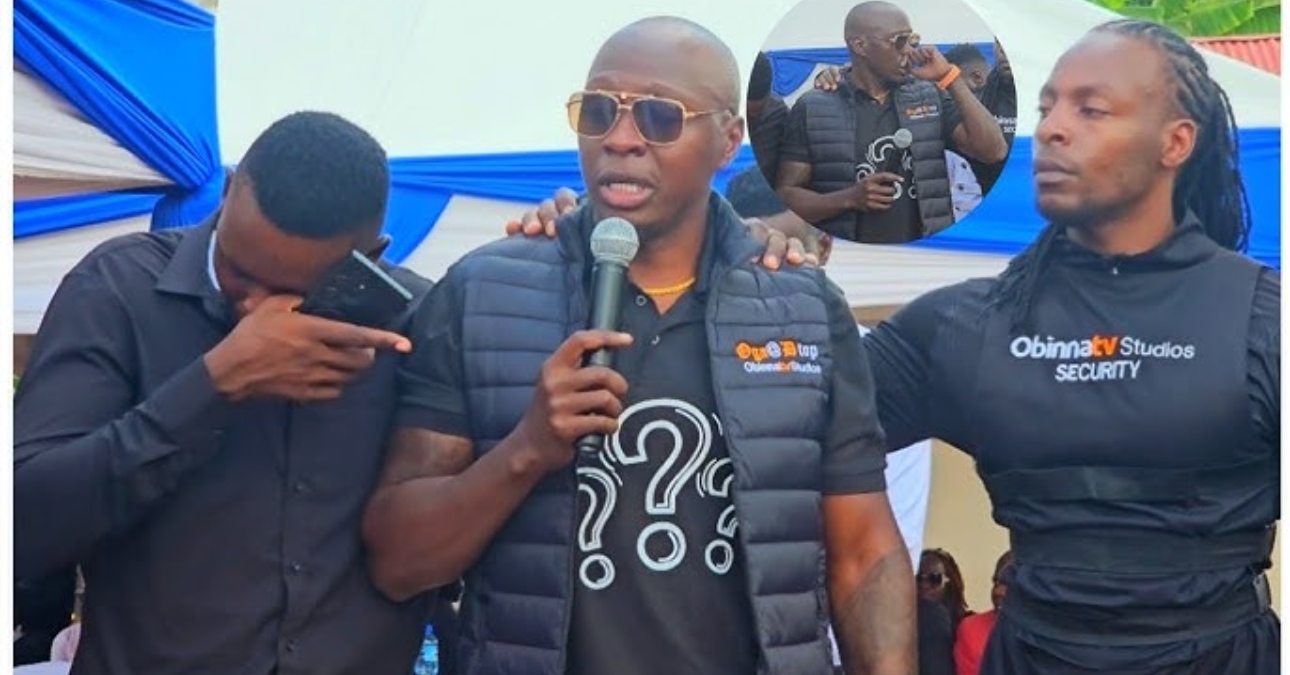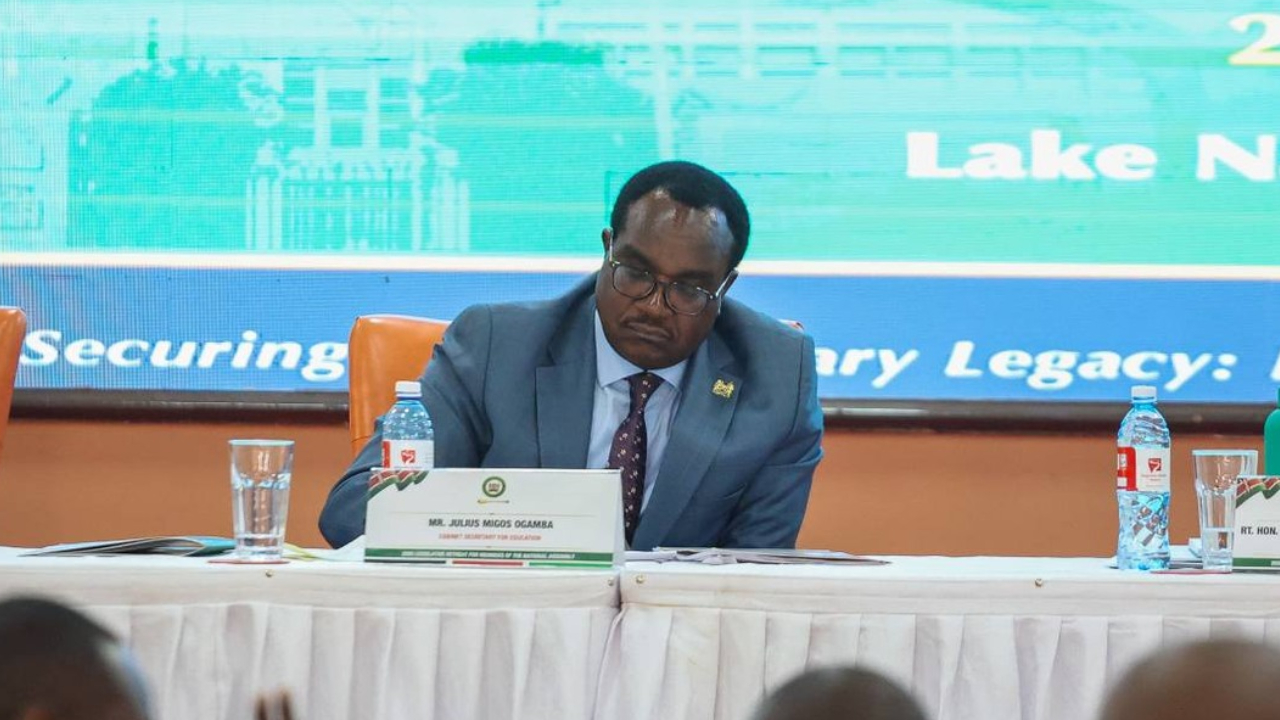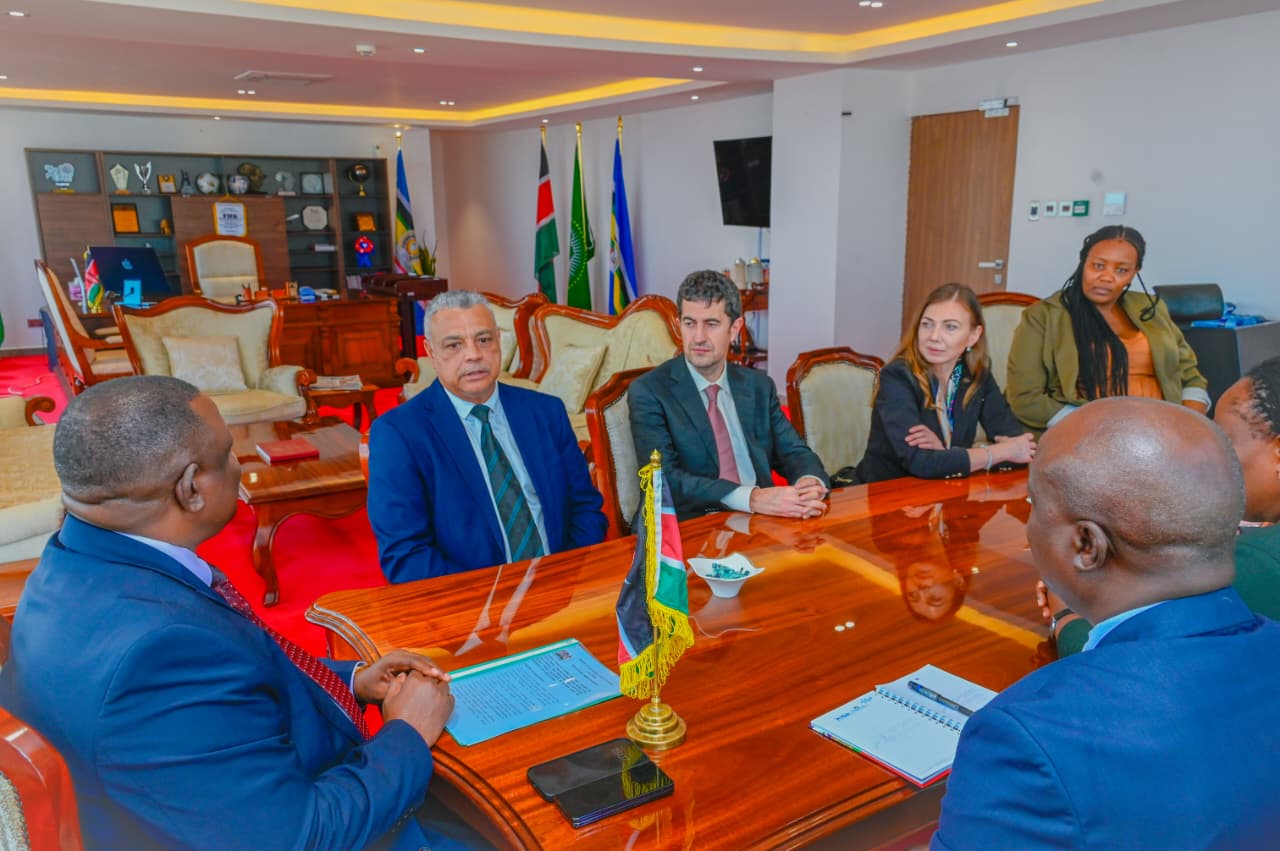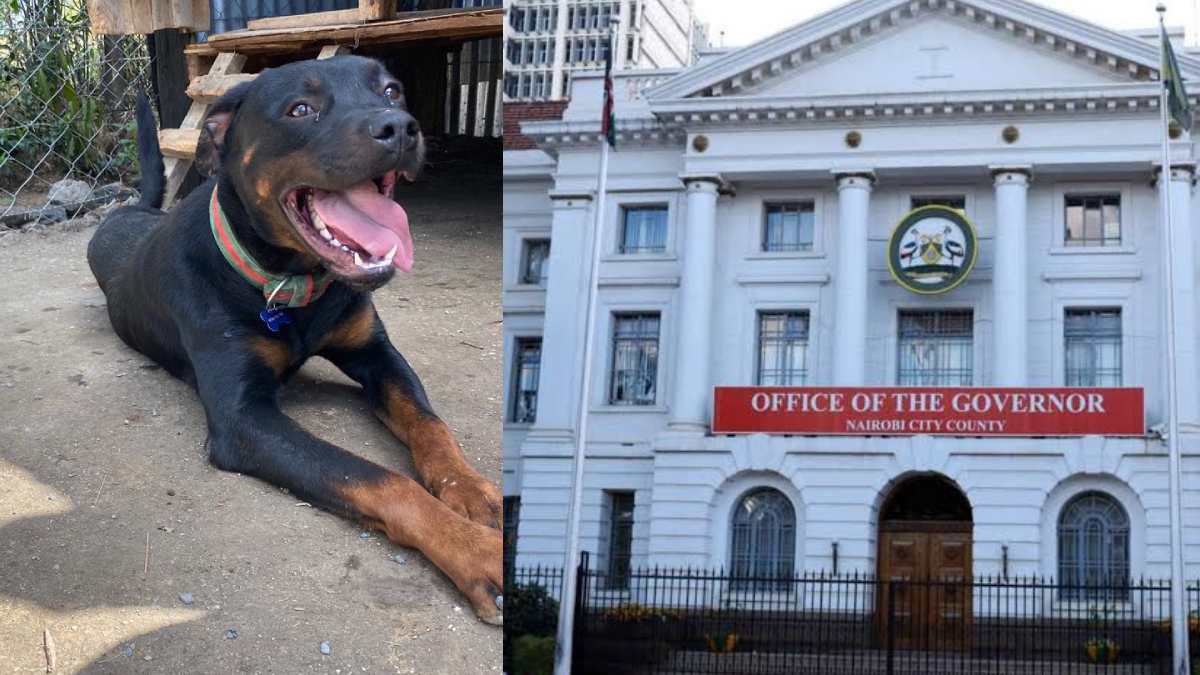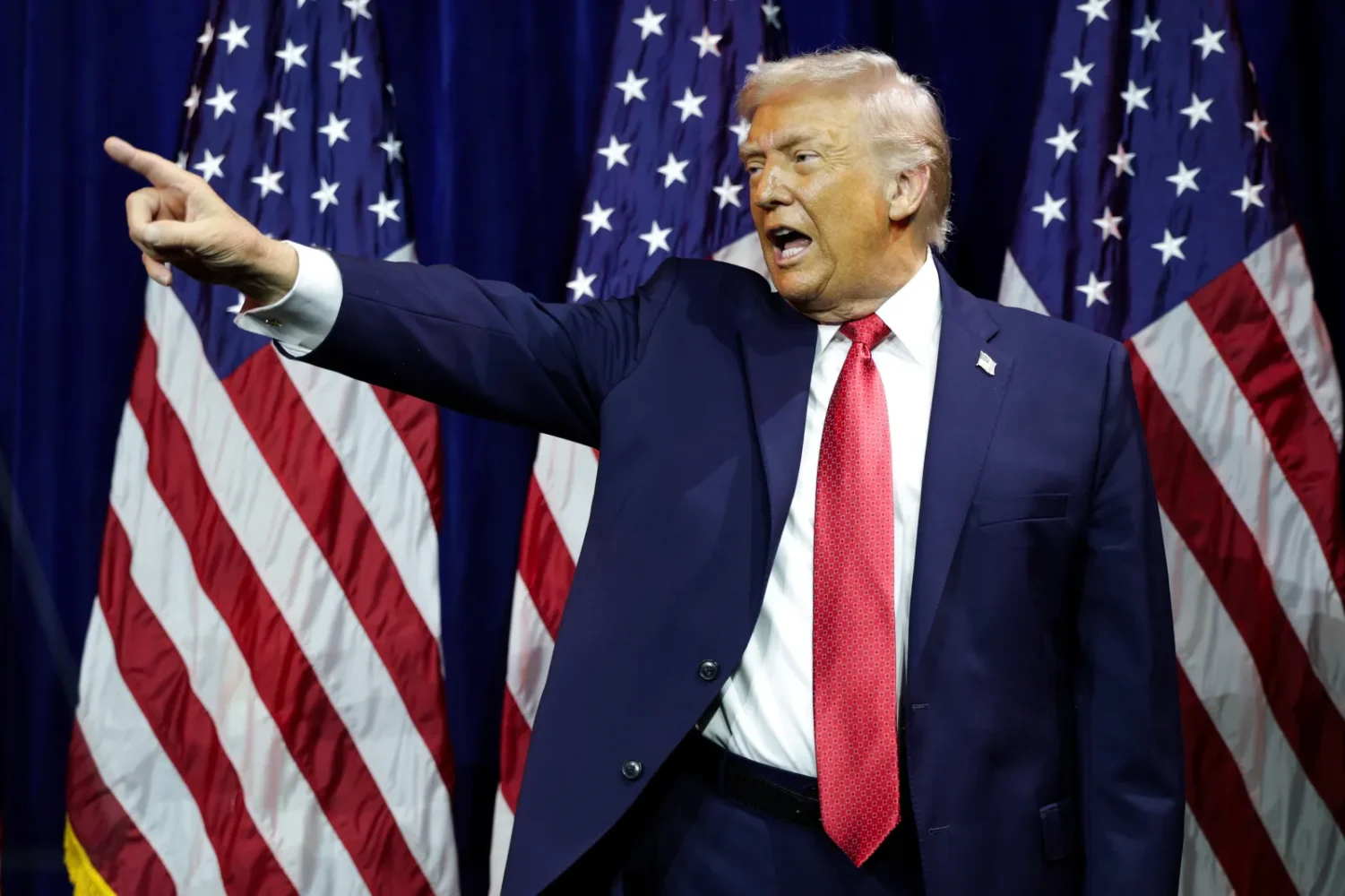When Oga Obinna wept openly at the funeral of his friend and former media colleague Kimani Mbugua, it was a moment that said so much more than words could.
In front of the gathered mourners, the usually jovial Obinna was visibly shaken, his tears a window into a story of hope, friendship, intervention, and heartbreak.
Kimani Mbugua’s journey was one of extraordinary promise turned painful struggle. The young journalist, who began his media career at just 19, worked for the Nation Media Group and later held roles at Citizen TV and NTV, earning a reputation for his sharp storytelling and on-screen charisma.
Colleagues remember a young man eager, bold, full of energy, his hands on the controls of his career, ready to fly. Yet beneath the spotlight, Kimani carried battles with mental health, especially a diagnosis of bipolar disorder, and substance abuse, challenges that were increasingly visible to those around him.
In those dark moments, Obinna stepped forward, not merely as a friend, but as a guardian of sorts. In December 2024, he offered Kimani a fresh job as the head of digital content and current affairs at his own platform, Obinna TV, beginning January 2025.
This wasn’t just a career move but was a lifeline. Obinna told the press the decision was about offering Kimani a “fresh start in his career… a steady source of income”.
But the job offer was only part of the story. When Kimani relapsed and was found wandering the streets of Thika in early 2025, Obinna joined the intervention. Alongside Kimani’s father and close friends, Obinna accompanied him to the Mathari National Hospital for treatment and arranged for rehabilitation.
The gesture was deeply human, a nod to the fact that talent alone is not enough, and that caring for someone must also mean showing up when the world has turned its back.
Standing before family, colleagues and friends, in Maragua, Kimani’s home town, Obinna painted a picture of a young man with immense talent who had repeatedly tried to rebuild his life.
Those who knew Kimani, talk of his early years, enthusiastic about breaking stories, generous with younger colleagues, full of ambition that makes people lean in and listen. Yet by 2023, those lights had dimmed.
In a viral video Kimani admitted: “I got out of the hospital last week and I feel my mind has come back to normal… I don’t want to go back to the place where I used to be.”
He spoke of being homeless, of loss of friends, of the shame that mental illness carries in a society still learning to talk openly about it.
The tone of his speech shifted between grief and admonition. He warned against the stigma that often surrounds mental illness in creative and media circles and urged people to look beyond headlines and gossip.
“These are human beings,” he said in the clip, reminding the gathered crowd that talent and vulnerability can coexist. The comment echoed across social posts and short clips of the funeral, where Obinna’s visible distress became a focal point for many viewers online.
Apart from describing his personal interventions, Obinna used the platform to call for compassion and practical support for Kimani’s family.
Social media posts from accounts that covered the burial have been encouraging viewers to assist with funeral costs and to support advocacy around mental health, a conversation Obinna said he hoped Kimani’s death would deepen, not end.
His speech underscores the precarious nature of support networks for people living with mental illness and the urgent need for systematic interventions.


